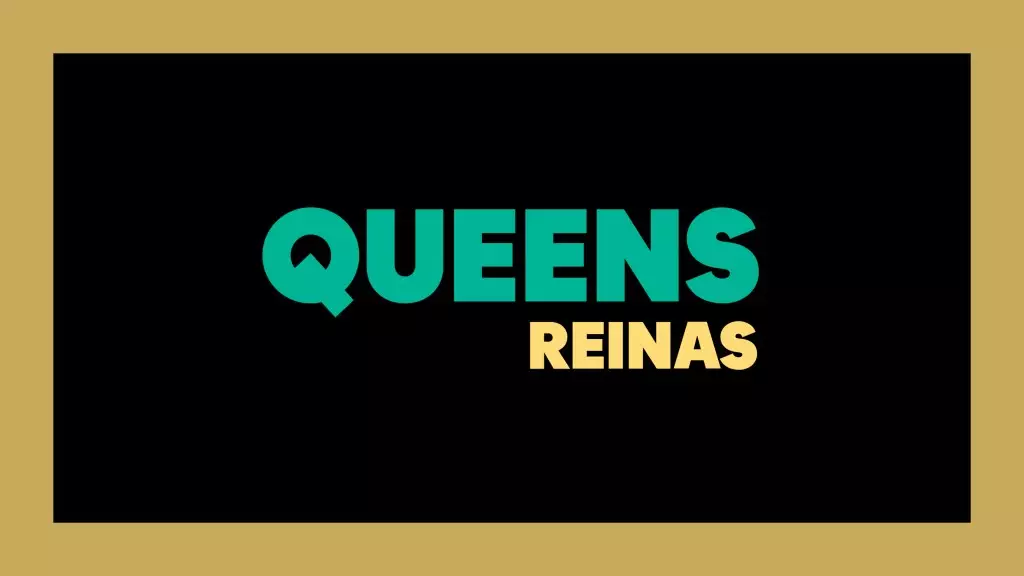The film “Queens,” representing Switzerland in the International Feature Film category, is an intricate tapestry woven with themes of family, loss, and the longing for belonging, all set against the vibrant backdrop of 1992 Peru. Directed by Klaudia Reynicke—who herself left Peru at the tender age of ten—the film acts as both a personal and cultural reclamation after years spent in Europe and the United States. Reynicke’s experience reflects the immigrant narrative; her journey connects deeply with her heritage, enabling her to express a part of her identity that had remained dormant for so long.
Reynicke has articulated a profound connection to her roots, suggesting that the act of filmmaking can serve as a vehicle for reestablishing ties with one’s past. She admits that embarking on the journey to create “Queens” was not a conscious decision at first. Instead, it emerged as an innate desire to return to her native land and express her thoughts in Spanish—a language that encapsulates her cultural essence. This desire manifests beautifully in the film, revealing how art can facilitate healing and reconnection.
At its core, “Queens” tells the poignant story of a single mother, Elena, who seeks to reconcile her family unit amid chaos and upheaval. As political instability looms over Peru, she is faced with the heart-wrenching decision to leave the country with her daughters, Lucía and Aurora. The narrative’s tension escalates as they require the signatures of their estranged father, Carlos, who has spent much of their lives in absence. The girls’ cautious skepticism towards him deepens the familial fracture, serving as a microcosm of broader societal divisions.
Carlos, portrayed adeptly by Gonzalo Molina, represents the complex and often grim realities of fatherhood coupled with personal setbacks. He is depicted as a well-meaning yet flawed individual—an archetype that resonates with audiences navigating similar familial landscapes. Molina encapsulates Carlos’s vulnerability, portraying him as a “broken man” who, despite his failings, desires redemptive moments with his daughters. His affection for them manifests in calling them “queens,” a title that reflects his perception of their worth while simultaneously highlighting his own insecurities.
The relationship between the sisters Lucía and Aurora adds additional layers to the narrative, exploring themes of resentment and longing for paternal affection. Luana Vega’s portrayal of Aurora exemplifies the nuanced emotional complexities of a child grappling with a father’s absence. Vega’s process of discovering Aurora’s feelings—particularly her resentment—reveals how familial bonds are often fraught with unexpressed emotions. While Lucía’s experiences differ, her navigation of these emotions showcases the varied responses children have toward parental relationships.
As the plot unfolds, Reynicke masterfully shapes the dynamic within the family to highlight their gradual reestablishment of connection, even under the weight of uncertainty. The film’s climax finds the characters at a pivotal juncture where they must confront their intertwined destinies. Reynicke’s decision to frame them as a cohesive unit, particularly during emotionally charged moments, underscores the importance of familial love amidst adversity.
“Queens” marks Reynicke’s third feature and has garnered significant acclaim on the film festival circuit, including a Grand Jury Prize for Best Feature at Sundance and an Audience Award in Locarno. The recognition illustrates the resonance of its themes, transcending cultural and geographical barriers. The film’s thoughtful portrayal of family struggles, combined with its strong screenplay—a recipient of accolades at the Festival de Lima in Peru—demonstrates Reynicke’s skill as a storyteller who balances sincerity with a touch of humor, creating a narrative that feels authentic and relatable.
In Reynicke’s eyes, the film’s ending does not represent loss; rather, it is a reflection of life’s complexities, where love can persist even through separation. The family, though fragmented, is strengthened by their shared experiences, offering a message of hope and resilience.
In “Queens,” the act of storytelling becomes a conduit for healing—a theme that resonates not just with Reynicke’s own narrative, but also with universal experiences of family, distance, and connection. The film serves as a reminder of the power of cinema to bridge gaps, mend hearts, and illuminate the shared essence of the human experience. Through “Queens,” audiences are invited to reflect on their own familial narratives, reminding us all of the enduring nature of love, despite the complexities that life may present.



Leave a Reply